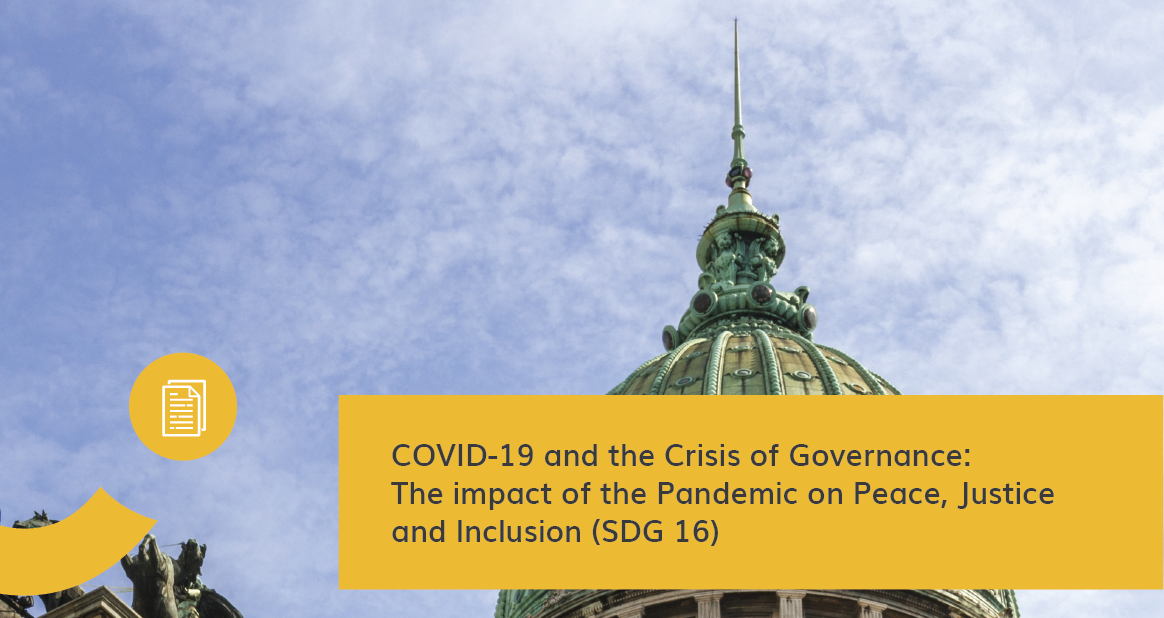Southern Voice is pleased to announce its partnership with the UNDP Oslo Governance Centre to identify the pathways towards achieving…
The COVID-19 pandemic has had significant health and economic consequences worldwide and is presenting unprecedented challenges to governance systems. In many contexts, the social contract between the state and its population is being strained, with diminishing levels of trust in governance systems; democratic political processes are being disrupted as the pandemic is used as a means of centralizing and consolidating power; and accountability and the rule of law are being under- mined. Alongside the health and socio-economic effects of the pandemic, its impact on governance has been corrosive and is likely to require a longer time frame for recovery.
In this context, the 2030 Agenda for Sustainable Development, with its ambition to achieve more peaceful, just and inclusive societies (SDG 16), has become even more relevant. With less than a decade left to achieve the 2030 Agenda, there is a real urgency in working towards achieving the goals and targets – many of which have faced setbacks because of the COVID-19 pandemic, but which can be the basis upon which to “build forward better”. This is especially relevant in terms of SDG 16 and the need to embed the principles of SDG 16 in COVID-19 recovery processes, whether this means inclusive and quality delivery of services, reducing violence or ensuring better access to justice for all.


